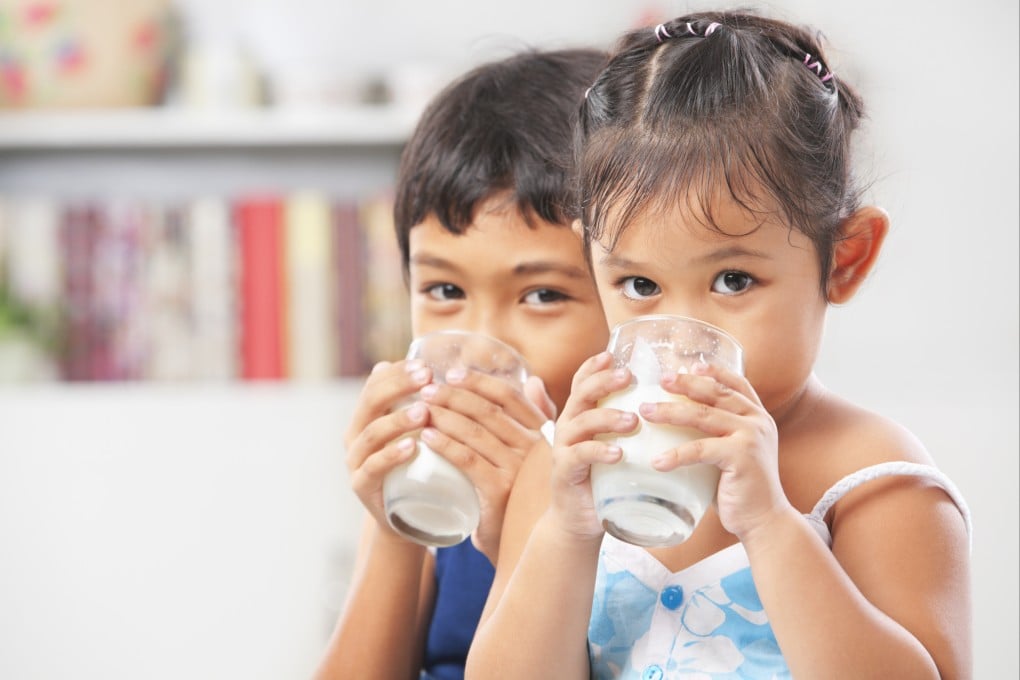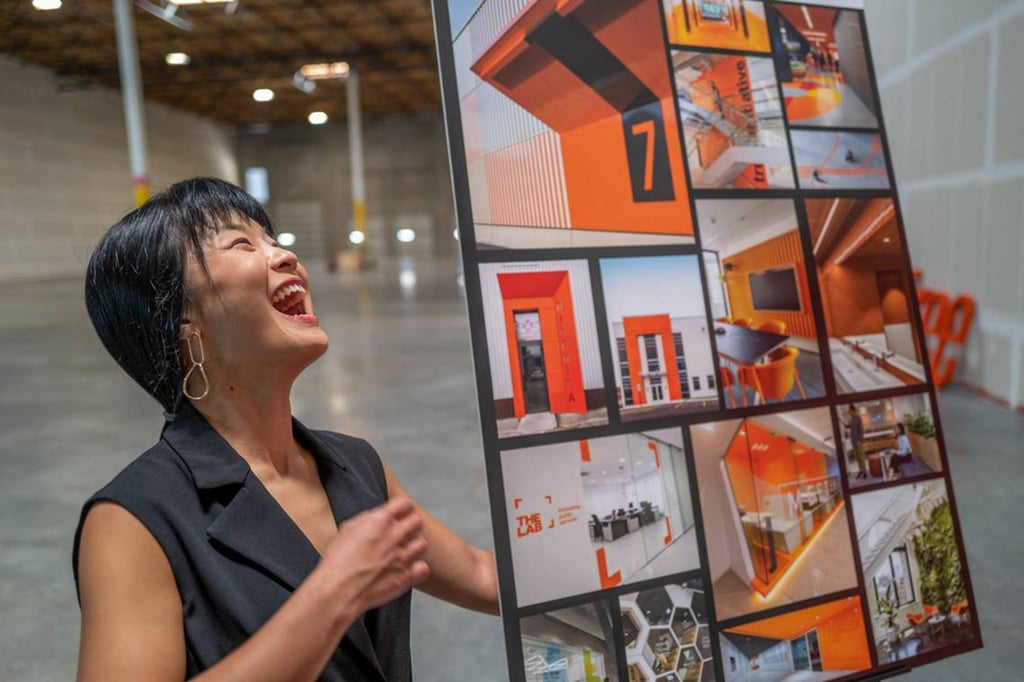How a Singapore-born lab’s cell-based milk alternative could shake up the US$871 billion global dairy industry
- Cows are out for biotechnology start-up TurtleTree, whose cell-based milk is grown in giant bioreactors at its California-based facility
- Alternative dairy products already exist, but CEO Fengru Lin says that plant-based milk produces less of important protein components than cows’ milk

Biotechnology start-up TurtleTree wants to change the way people consume milk.
Cows are out – at least as far as milking goes. The replacement: cell-based milk.
The company says it is able to create raw milk using cells from mammals. The cells are then grown in TurtleTree’s labs and milk is ultimately produced. In giant bioreactors, the cells stick to tiny straws, the fluid is then drawn through the straws, and milk comes out the other end.
TurtleTree is in the final phases of constructing a 24,000-square-foot research and development facility in West Sacramento, California.

Armed with US$40 million from venture capital investors, TurtleTree is moving from a joint business incubation facility in the nearby city of Woodland, which it shares with several dozen food and agricultural start-ups, to its own research and development facility.
The facility is expected to open within the next several months, though no formal date has been set.